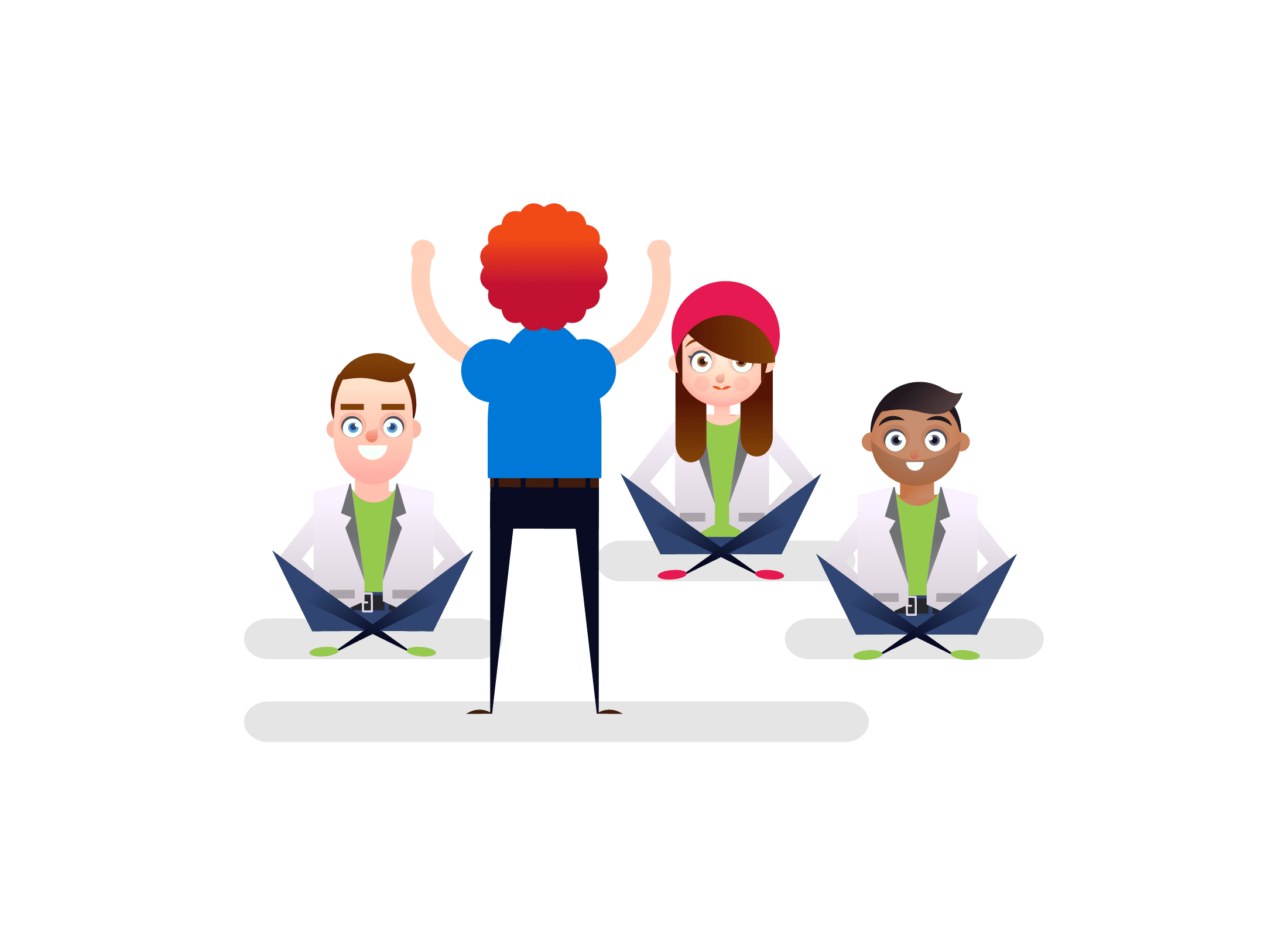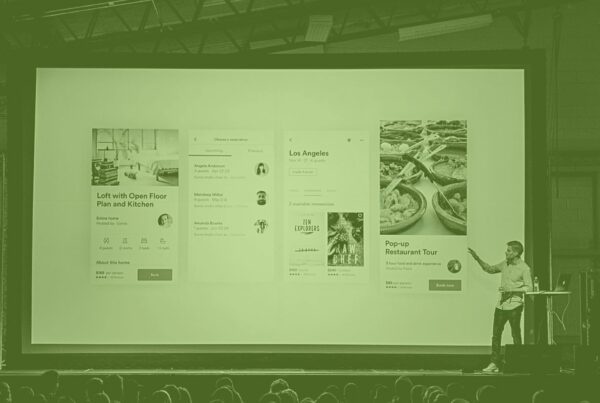I’ll bet that a few seconds after reading this sentence, your attention will wander off to something else. After all, you have emails to check, texts to reply to, and sites to browse.
We usually blame this on mass media, the internet, and even apps. Don’t despair though, it’s still possible to improve your focus and increase your attention span.
(Did your attention wander off a bit a while back? Told you.)
Why improve your focus? Focus is what gives you an edge over your colleagues and competitors. The better your focus, the more energy and brainpower you put into a task. It means you commit fewer mistakes, get the details right, and find the right answer more quickly.
Let’s look at how the brain focuses on something:
Step 1: The senses take in all the information around us indiscriminately.
Step 2: The brain ranks the information it receives, based on what it thinks is important at the moment. Anything unimportant is discarded.
Step 3: The brain then chooses which of the important information should be the top priority. Sometimes this is a conscious decision, but more often it happen unconsciously by habit.
From this, you can see the various ways you can lose focus. One, you might be receiving too much information from the world around you. Try answering emails in a daycare center and you’ll know what I mean.
Two, your brain gets befuddled on what’s important and what’s not. It’s like when you choose to answer a client’s email when you really need to finish tomorrow’s pitch deck.
Lastly, you might taxing your willpower too much such as when you’re making too many decisions each day. When your willpower runs out, you’ll often focus on the wrong things because you’re letting your habits and unconscious mind make the decisions for you.
So you need to do three things to get your focus back: reduce information overload, know what’s important, and conserve your willpower.
Reduce Information Overload
The easiest way to reduce information overload is to stop unwanted information from getting to you in the first place.
1) Disconnect from the world.
More often than not, our biggest tasks don’t need us to stay connected. If you do need to be online, you can easily do that as a separate step. For example, if you’re answering an email, you can compose your message offline and send it later.
- Turn on airplane mode in your phone.
- Turn off you laptop’s Wi-Fi.
- Do your work in a closed room, like your conference room.
2) Control how much information gets pushed to you.
For other tasks, you might still need to be connected to the world but it doesn’t necessarily mean you’re at the beck and call of everyone.
- Limit checking email to twice a day.
- Turn off instant notifications on your phone.
- Schedule all meetings to happen only during the afternoon or in the morning.
- Let people know that you can only answer calls during certain times.
3) Minimize distracting things.
It’s not just technology that can distract you. Your environment also can ruin your focus by being too stimulating.
- Remove brightly colored objects from your workspace. This includes blinking lights. (I’m looking at you, router)
- Work in a quiet place or use noise-cancelling headphones.
- Reduce the clutter on your desk.
- Only have one app open at a time on your laptop, in full-screen mode if possible.
- Make your workplace comfortable. For me, I simply need a comfy (but not too comfy) chair and some light snacks beside me.
Know What’s Important
There are urgent things and there are important things. Knowing which is which will not only help you focus on the right work to do, it will also save your sanity. The easiest way to make sure you do the important things first is by getting organized.
1) Prioritize your work.
For most things, the 80/20 rule applies: 80% of the impact comes from just 20% of the work you do. To know which work has the most impact, always measure it against the end goals you’ve set. The question you should ask is: which of today’s tasks will get me closest to the end goal?
Sometimes you’ll do unpleasant work, like going over badly-written resumes or collecting past due payments from a client. For these things, you just have to “eat the frog” and do these jobs first. When you do, all the rest of the work seems delightful in comparison.
2) Limit your day to 2-3 main tasks.
When you put something in your todo list, it means you consider that task important, no matter if it’s the first task or the last one. To make sure you only work on the really important stuff first, limit your tasks for the day to 2-3 main tasks and do the rest some other day.
Sometimes if I end up with more than 3 crucial tasks, I group them so that I’m left with just 3 at most. For example, you can combine doing payroll and updating your financial spreadsheets into one accounting task.
Conserve Your Willpower
We all have a finite amount of willpower per day. The trick is to use willpower judo: make your unconscious mind some of the work for you, freeing your willpower for more important things. By using a few brain hacks, you’ll make work easier and more enjoyable to do.
1) Break down big, scary jobs into smaller, easier tasks.
Big jobs are scary. But when you break it down to smaller tasks and spread it out over several days, the undoable suddenly becomes very doable. It works not only because small tasks seem easier to do, but also because finishing them gives you a positive feeling of accomplishment. This motivates you to do yet another task and another until you get pleasantly surprised that the project is already complete.
2) Set a mini-deadline for tasks.
Another way to make tasks easier is to add a mini-deadline to them, making your brain add it to your subconscious list of top priorities. I usually make the deadline so that it’s enough to get the job done plus some buffer so that I don’t rush through and do sloppy work. For example, if I have a job that can be done in 45 minutes, I’ll usually set a deadline to finish it in 60-75 minutes.
3) Reward yourself after every task.
Our brain likes getting rewards after a job well done. Use that to your advantage so that you can make even unpleasant work fun to do. After doing a task, you can treat yourself to a light snack or indulge in a few minutes of mobile gaming. This way, you’ll be looking forward to finishing tasks instead of trudging through them.
Hey, you’ve made it until the end of the article. Congrats! Seems like you’re improving your focus already. Remember these things to improve your focus: reduce information overload, know what’s important, and conserve your willpower.










